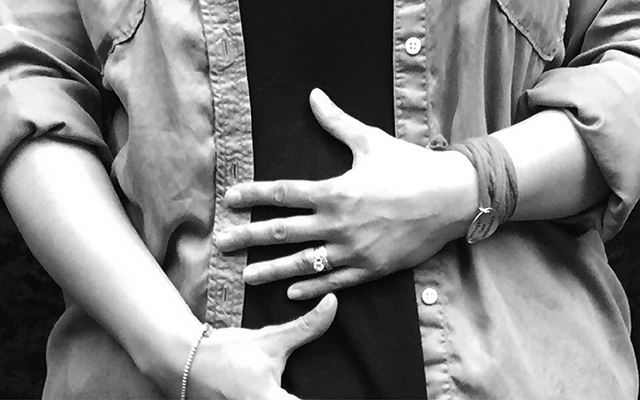The old colonoscopy debate was renewed again last week, when researchers at Memorial Sloan-Kettering Cancer Center in New York released a report claiming that the popular screening method (in which pre-cancerous polyps are removed from the colon) cut colorectal cancer–related deaths by 53 percent.
The results, according to cancer researchers, prove that colonoscopies save lives. “This is a very big deal,” Robert Smith of the American Cancer Society told The New York Times.
This is good news to all of my buddies and brothers who have been encouraging me for the past decade to get into the gastroenterologist and get ‘scoped. I am, as I have noted in these pages, a skeptic about these sorts of invasive screening procedures, and that skepticism tends to confound folks who swear by its death-defying powers.
I am not in the least bit qualified to critique these sorts of studies, but I am struck by the numbers involved: For more than 20 years, researchers followed 2,602 people who had undergone colonoscopies during which pre-cancerous polyps were removed. Doctors estimate that 25.4 deaths from colorectal cancer should’ve been expected from this number of patients. Only 12 died, hence the 53 percent reduction in deaths.
So, if my math is correct, even if you were never screened, your chance of succumbing to colorectal cancer is slightly less than 1 in 100 (about the same as your chances of dying in a car accident). Getting screened and having polyps removed drives those odds down to a bit less than 1 in 200. As one oncologist told the Times, that’s a “very robust reduction.” But it’s all relative, isn’t it? If I currently have a 1-percent chance of dying from some disease and an expensive and somewhat risky procedure (the results of which depend greatly upon the skill of the doctor performing the procedure) may cut those odds down to .5 percent, is it worth it?
I know what you’re thinking: Yeah, if I’m one of those 12 who survived as a result, then it’s definitely worth it!
But what if you were told that two out of every 1,000 patients who undergo colonoscopies or sigmoidoscopies suffer major complications? That’s .2 percent. Pretty good odds, right? Yeah, I’m not going to be one of those two.
This is what Dr. Nortin Hadler refers to as the “Lottery Mindset” — the notion that, no matter what the odds, we’ve got a good chance of winning. This mindset tends to govern many of our decisions about health care as we age. “In America, the psychology of the lottery has been so well inculcated that it commonly makes sense to apply it to another challenging win-lose exercise: betting on our health,” Hadler writes in Rethinking Aging. “It drives the ‘I know the chance is slim, Doc, but let’s go for it’ response when we or our loved ones are sick. It also drives many other choices related to our health, including our willingness to undergo screening.”
For the record, Hadler is not opposed to colorectal screening for “high-risk” patients (those with a first-degree relative who developed colorectal cancer before age 50, and those with ulcerative colitis or Crohn’s colitis), but he’s not convinced that the screening is particularly effective. He cites a UK randomized controlled trial of 170,000 patients between the ages of 55 and 64 who underwent a one-time sigmoidoscopy from 1994 to 1999 and were followed ever since. “There may be a slight reduction in death from colon cancer; the Number Needed to Treat is calculated at nearly 500 [about .3 percent], but it’s far from a robust effect,” he writes.
Thankfully, we each get to determine how we’re going to respond to the health risks we encounter in middle age and beyond. So, if you’re persuaded by the latest research that a colonoscopy will offer you some peace of mind, then I say go for it. Whatever works.
I’m going to pass, though. I’ll try to eat right, get some exercise every day, keep my stress levels in check, stay positive, enjoy the moment. I’m not one to play the lottery, but I figure the odds are pretty good that I’m going to be around for a while.



This Post Has 0 Comments